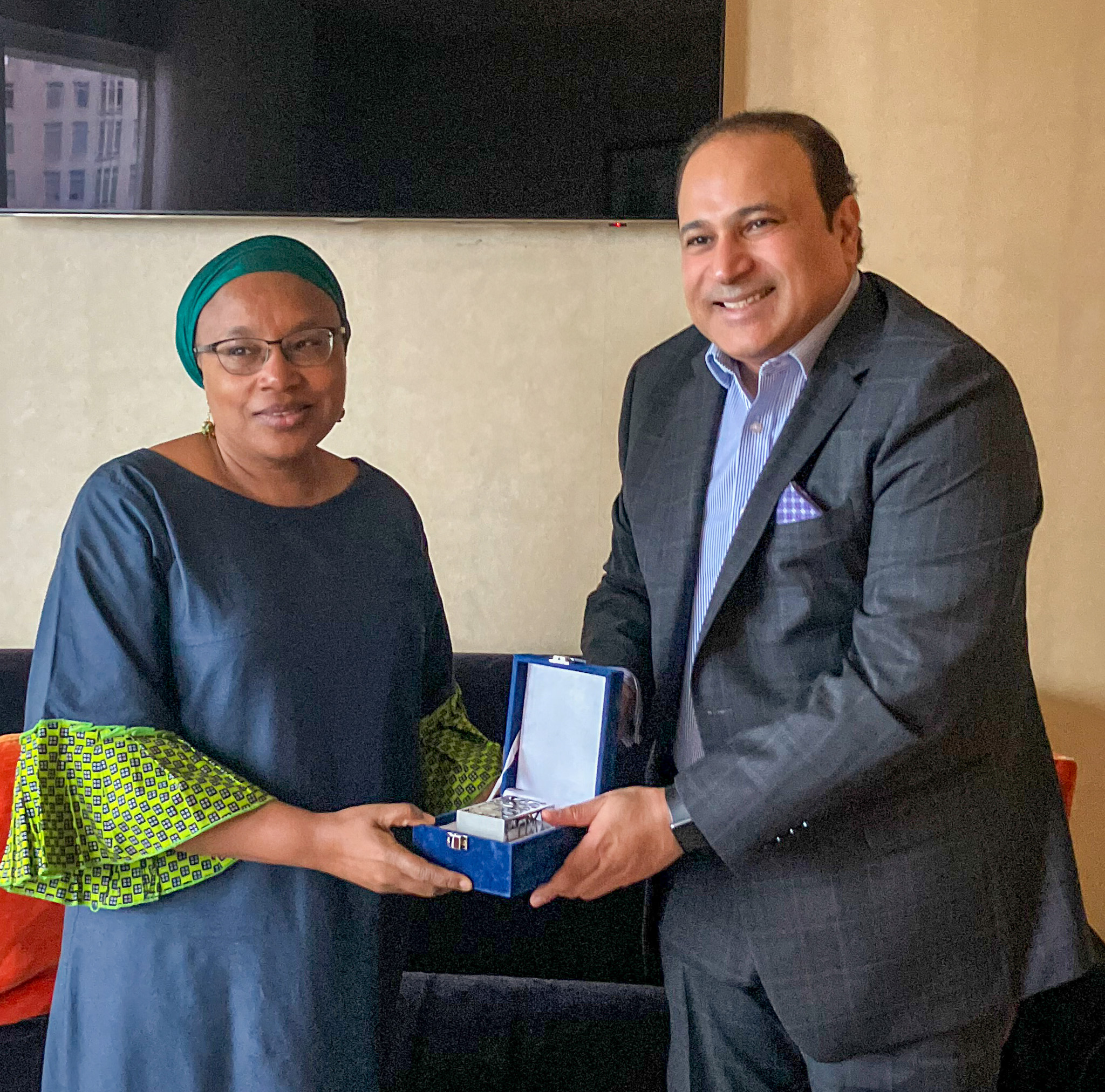
As the world observes the International Day of Commemoration and Dignity of the Victims of the Crime of Genocide and of the Prevention of this Crime on December 9, and Human Rights Day on December 10, it's imperative to highlight the significant contributions of the International Dialogue Centre - KAICIID in these domains. KAICIID, an intergovernmental organization headquartered in Lisbon, Portugal, is dedicated to fostering interreligious and intercultural dialogue to prevent and resolve conflicts, thereby promoting human rights and dignity.
Collaborative Efforts in Genocide Prevention
KAICIID has established a robust partnership with the United Nations Office on Genocide Prevention and the Responsibility to Protect. This collaboration focuses on countering hate speech and engaging religious leaders in sustainable peace efforts. In October 2019, both entities renewed their commitment to these objectives, emphasizing the pivotal role of religious leaders in preventing incitement to violence.
A landmark initiative in this partnership is the "Fez Process," a series of consultations with religious leaders worldwide on their role in preventing incitement to violence and atrocity crimes. This process culminated in the launch of the "Plan of Action for Religious Leaders and Actors to Prevent Incitement to Violence that Could Lead to Atrocity Crimes" at the UN Headquarters in July 2017.

Dr. Zuhair Alharthi, Secretary General of KAICIID, in a recent engagement with Ms. Alice Wairimu Nderitu, UN Under-Secretary-General and Special Adviser on the Prevention of Genocide, in New York, USA, 2024.
Engaging Religious Leaders in Human Rights Promotion
Recognizing the influence of religious leaders in their communities, KAICIID actively involves them in promoting human rights and social cohesion. By facilitating dialogue among diverse religious actors, the Centre addresses issues such as hate speech, discrimination, and violence. For instance, in April 2015, KAICIID co-organized a conference in Fez, Morocco, focusing on the role of religious leaders in preventing atrocity crimes. The conference underscored the necessity of countering hate speech and fostering the rule of law and democracy.
Educational Initiatives and Capacity Building
KAICIID places a strong emphasis on education as a tool for human rights promotion and genocide prevention. The Centre's Fellows Programme trains religious educators and leaders in dialogue, mediation, and peacebuilding, enabling them to impart these skills within their communities. Since its inception in 2015, the programme has engaged over 500 participants from 93 countries, representing various religions and denominations.
E-Learning and Online Resources: KAICIID offers a Knowledge Hub featuring webinars, self-paced courses, and tools like the Peace Map, which visualises global interreligious activities.
Additionally, KAICIID's "Social Media as a Space for Dialogue" programme equips young people in Arab countries with skills to counter online hate speech and extremism, fostering a culture of peace and respect for human rights in the digital sphere.
Global Advocacy and Policy Engagement
KAICIID actively participates in global forums to advocate for policies that uphold human rights and prevent genocide, and it also actively collaborates with religious leaders and policymakers to advocate for policies that support inclusive societies, prevent conflict, and enhance human rights. The Centre collaborates with international organizations such as the United Nations Alliance of Civilizations (UNAOC) and the International Partnership on Religion and Sustainable Development (PaRD) among others, to promote interreligious and intercultural dialogue as a means to ensure peaceful coexistence among diverse cultural and religious identities.

In May 2024, KAICIID hosted the Global Dialogue Forum, a landmark event that demonstrated its unwavering commitment to fostering inclusive dialogue for peacebuilding and social cohesion. The forum brought together policymakers, religious leaders, scholars, and civil society actors from around the world to tackle critical issues such as religious intolerance, hate speech, and social polarization. Featuring interactive workshops, keynote addresses, and collaborative panels, the event focused extensively on the concept of Human Dignity and the importance of empowering dialogue practitioners to advance human rights, such as the right to freedom of belief.
As we reflect on the significance of these two important International Days, KAICIID's unwavering dedication to dialogue serves as a beacon of hope. By bridging divides and promoting understanding, KAICIID contributes profoundly to the prevention of atrocities and the advancement of human rights worldwide. By engaging religious leaders, fostering educational programmes, and advocating for inclusive policies, the Centre plays a crucial role in building peaceful and cohesive societies.